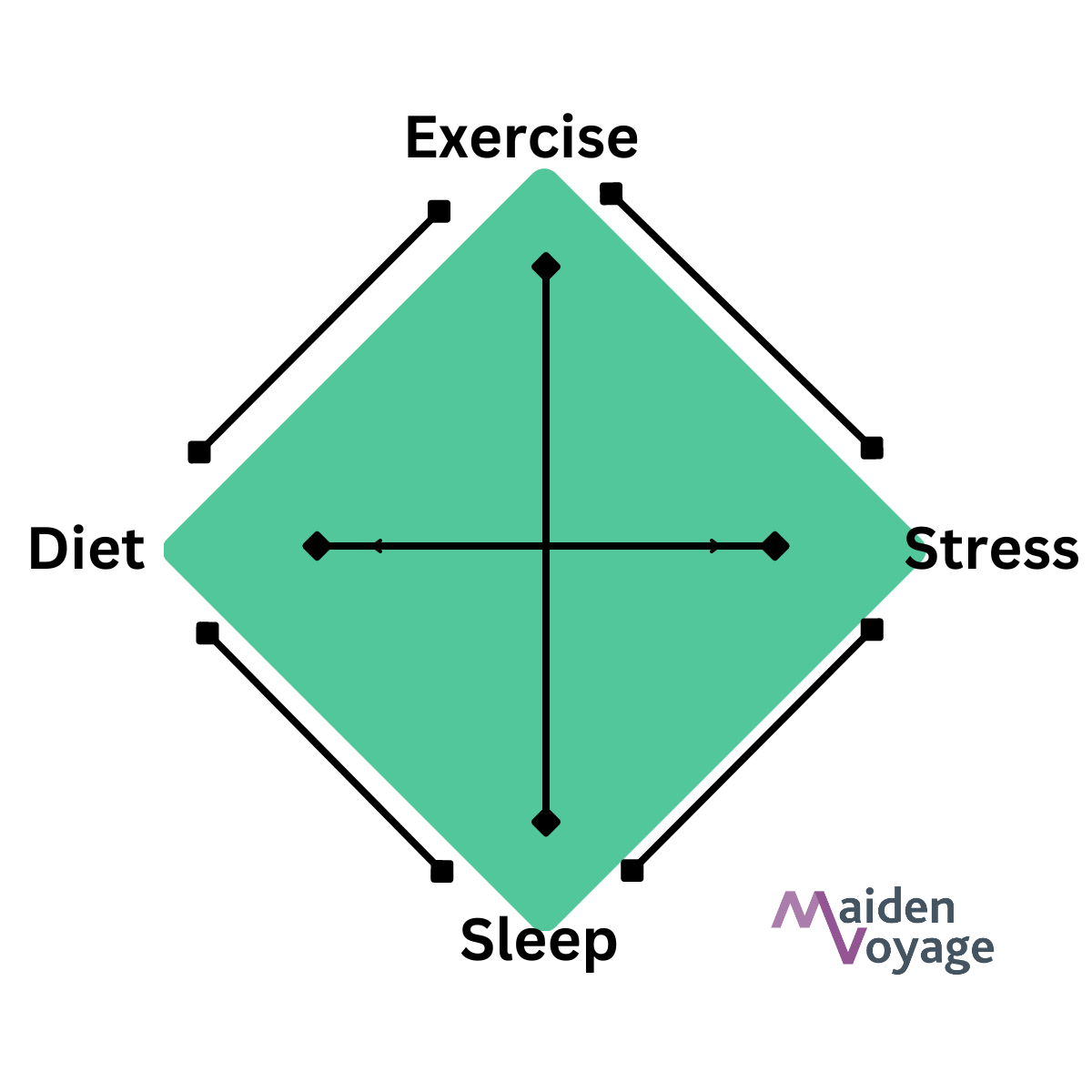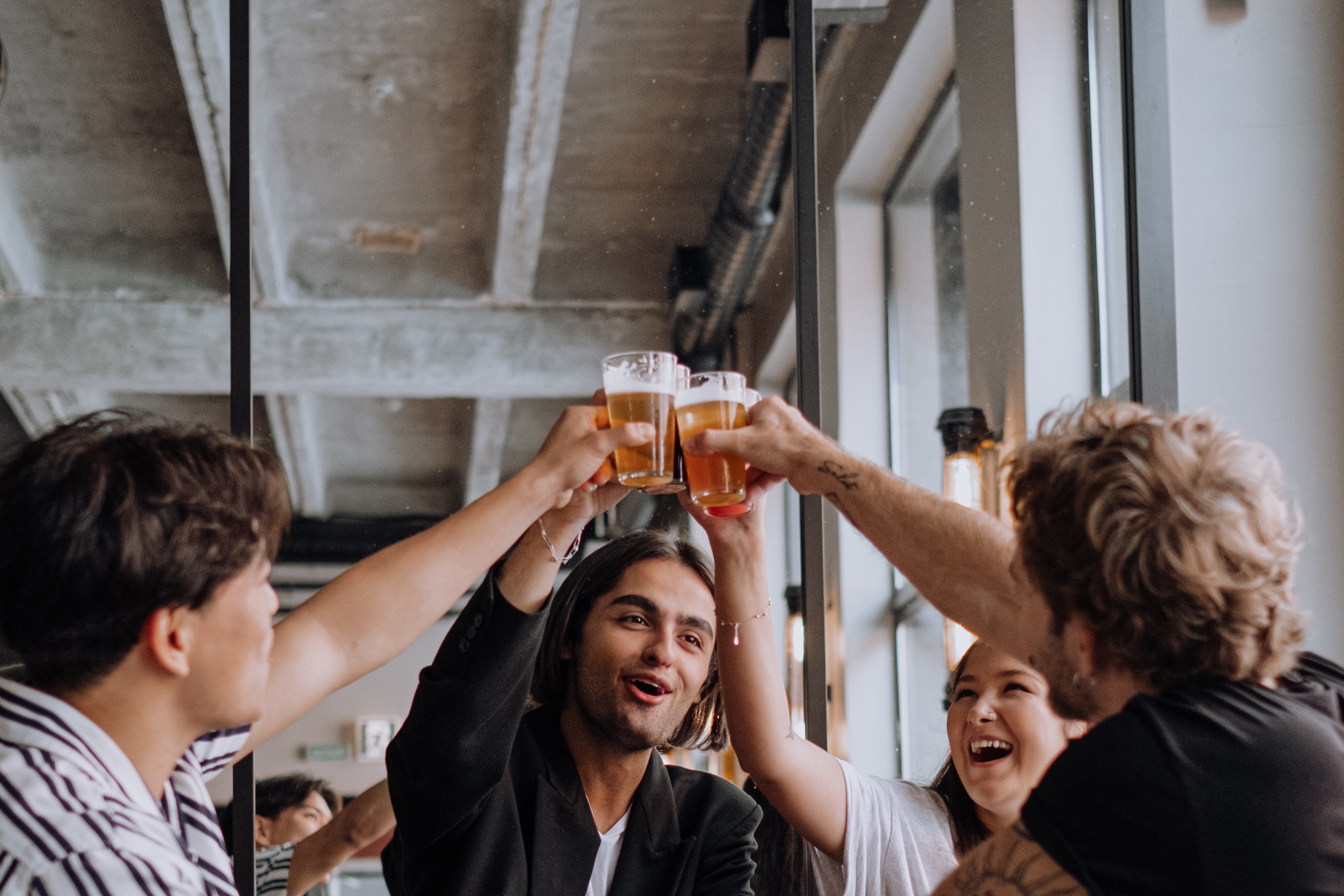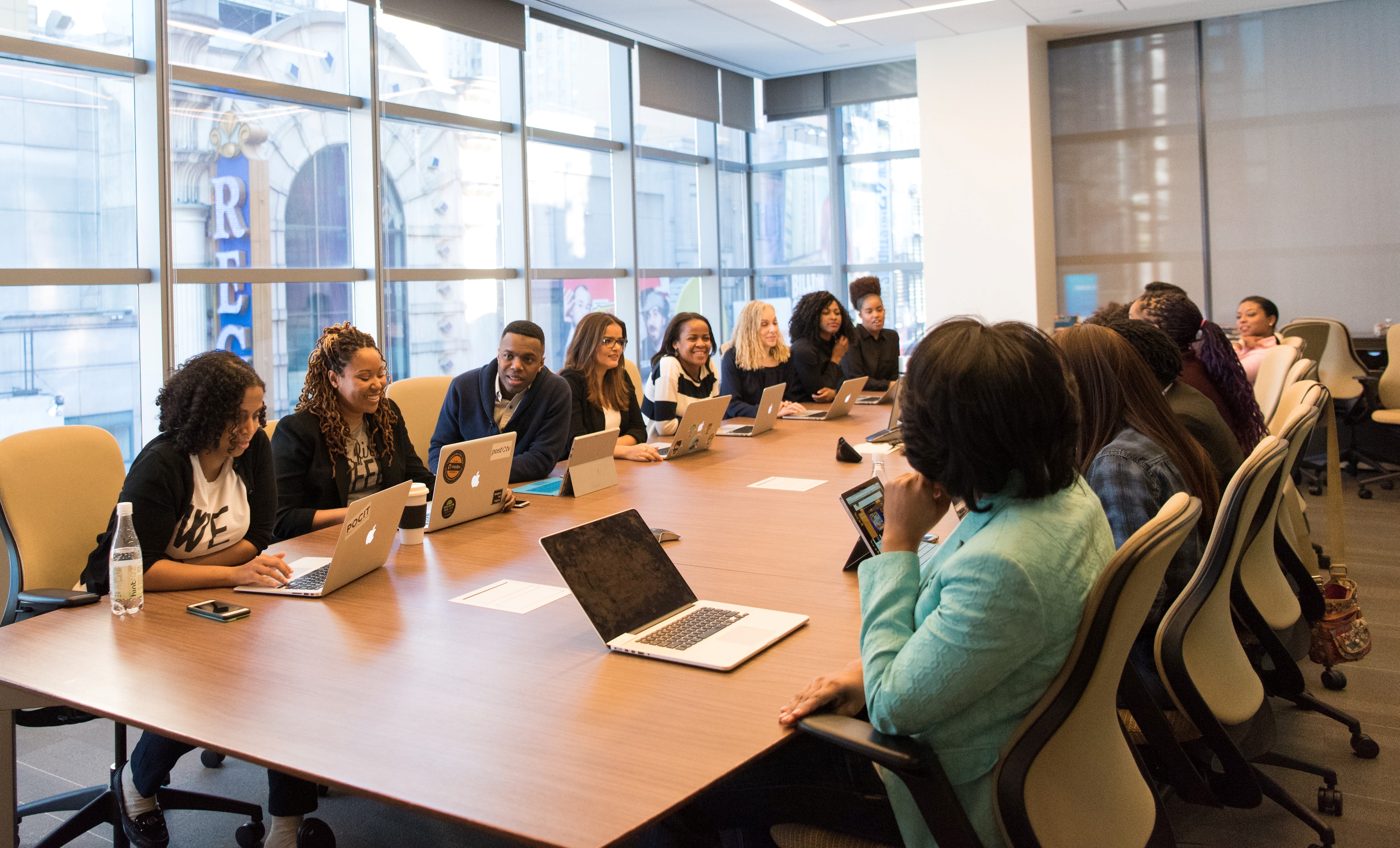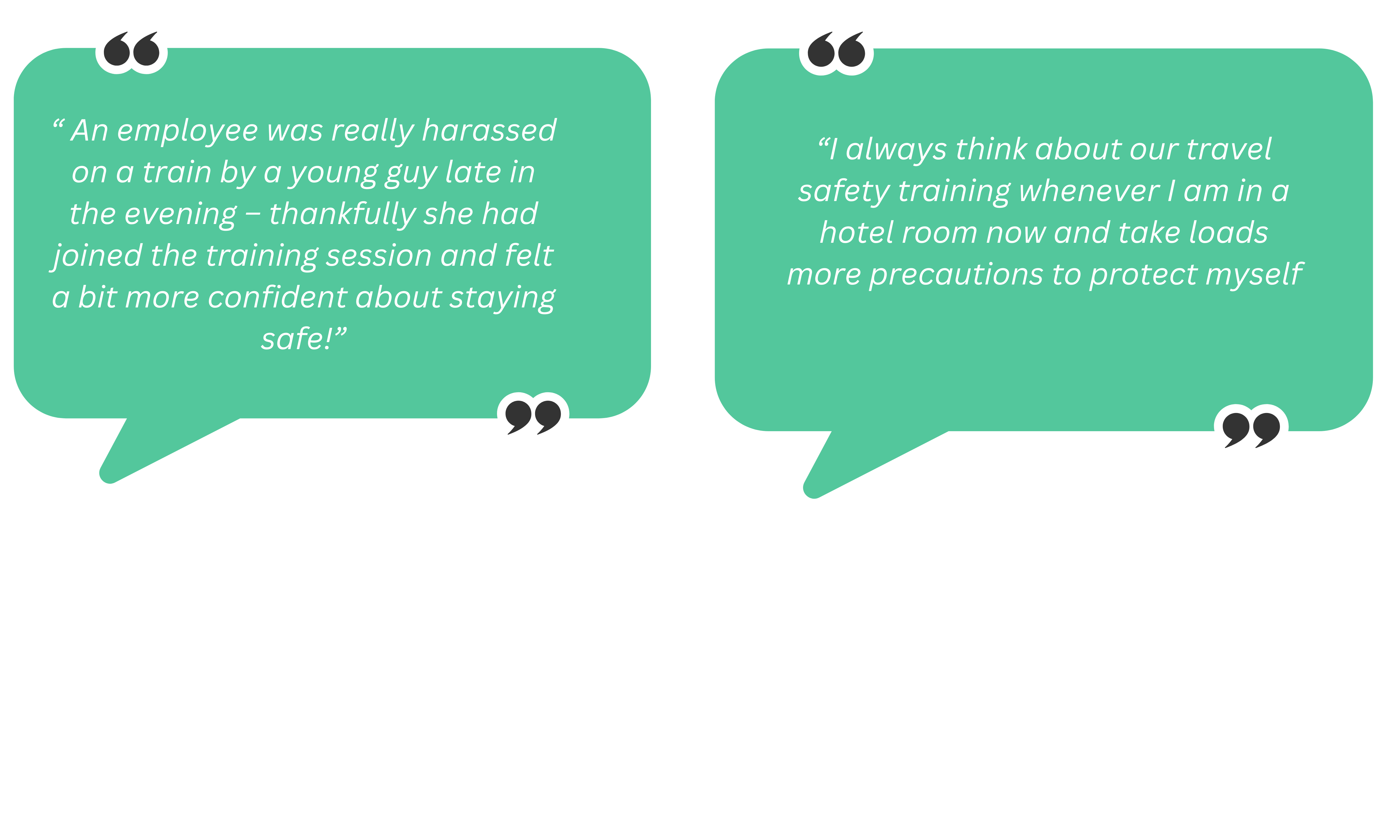
Traveller wellbeing is has becoming increasingly important to both business travellers and their employers. Hybrid working has given us greater control over our time and with more readily available information, health-tech and products, we’re all better placed than ever to take control to improve our physical, mental and emotional wellbeing..
We might have our home-health routines nailed or at least know what we ‘should’ be doing when it comes to sleep, diet, exercise and stress management but how do we maintain those healthy habits when we’re travelling for business?
In a recent poll, we asked business travellers, which aspects of their wellbeing they struggled with the most when on the road.
This is what they told us:
- Sleep 38%
- Diet 38%
- Exercise 14%
- Stress management 10%
Sleep
Routine disruptions, crossing time zones, noisy hotels, pressure to go out for business dinners, and sleeping in a strange bed all notably contributed to a poor night’s sleep. The sleepless nights don’t stop there, exhausted travellers typically struggle to sleep when they get back home, often suffering from jetlag or trying to adjust back to their home routine and time-zone. Cumulative sleep deprivation or building up sleep debt can pose long-term serious side effects for our health.
Diet
A more home-based life has given us the opportunity to really manage and control our food intake. These days lots of people are committed to particular regiments such as following a KETO based diet, intermittent fasting or low-carbs. More generally, many have specific medical related dietary requirements, allergies or food intolerances.
Life on the road makes it hard to find healthy food at the time you want to eat it playing havoc with our home-based eating patterns. With erratic schedules, business travellers tell us that they eat what and when they can as they don’t always know when they will get the chance to eat next. Often, we have little control over our schedules, having to comply with social engagements and compromise eating regimens in order to fit in with others. Numerous travellers told us that they found pressure to drink alcohol concerning, made worse by the absence of healthy alcohol-free alternatives.

Exercise
More people than ever before have taken up running as a means to stay fit or beat stress, however many runners don’t feel safe running in a strange place. Concerns about personal safety, traffic and air pollution and lack of free time are some of the reasons why business travellers skip their regular runs. Punishing work schedules and lack of access to facilities also inhibit our ability to keep fit whilst travelling when we’re away from our regular gym classes or personal trainers.
Stress management
Stress and concerns about travel disruption, trying to fit everything in, (including keeping in touch with family across different time zones), missing regular therapy sessions, staying on top of work back at the office and concerns about personal safety all contribute to increased stress levels when we’re away from home.
What becomes apparent however is how each of the 4-pillars of wellbeing impact each other. For example, fatigue will increase our stress levels and is likely to drive us to binge eat larger amounts of unhealthy foods such as fat, sugar or unhealthy carbs. It’s hard to sleep on a full stomach or rich food and lack of exercise makes it difficult for us to regulate our stress levels. The cognitive ability of stressed or exhausted travellers will decline, leading to poor decision-making and could escalate personal safety risks or lead to accidents.
The ideal is a holistic balance across all four pillars but almost impossible to maintain in practice when we are away from home and our regular routines.
Travellers subjected to sustained and punishing business travel schedules could experience long-term effects on their mental, physical and emotional wellbeing. According to a recent BCD traveller survey, only 1 in 10 companies have policies which allow for extra time off during or after a business trip.
The business case for investing in business traveller wellbeing is indisputable, it’s the right thing to do, we have a responsibility and a duty of care to our people (as they do have to themselves), it will garner staff retention, reduce burnout, and ultimately help people and organisations to perform at their best.
Whilst individuals are ultimately responsible for their own health and wellbeing, travel managers and travel industry suppliers can facilitate business travellers in achieving a holistic balance. We asked a group of travel industry experts and business travellers at the recent Business Travel Show to share their thoughts on how we can achieve a healthier balance when on the road.
This is what they told us:
Managing better sleep
- Some companies allow employees to take time off during or after a business trip to make up for the time that they were away and to catch up on sleep. Many have wellbeing policies focusing on rest time and don’t expect employees in the office on the days following an international trip.
- Employees can state their room preferences when booking a hotel, requesting a quiet room away from elevators or in a quieter area of the hotel will help.
- Employees need to feel safe and secure where they are sleeping and in particular when staying in individual properties such as Airbnb’s.
- Giving employees the autonomy to choose when they fly will help them to manage their sleep needs. For many, the thought of having to get up for an early departure will mean that they struggle to sleep the night before for fear of missing the alarm clock.
- Factoring in an extra day before key meetings can help as many recognised that they struggle to sleep the first night in a strange bed. This could also help with those who have an ongoing problem with insomnia at home as well.
Dietary management
- Travellers can research food options at airports, hotels and surrounding areas in advance of a trip in order to plan what and when they will eat.
- Some hotels may allow food delivery services for those not wishing to leave the hotel.
- Encourage employees to respect that not everybody will want to socialise, participate in evening events or consume alcohol and that they shouldn’t pressure them to do so.
- For hosts and those organising events, remember to ask visitors and attendees in advance for any dietary requirements.
- Employees can take a range of healthy snacks with them on their trips and remember to stay hydrated by taking a refillable water bottle with them.

Exercising when travelling
- The easiest option is to allow employees to select hotels where there are fitness or pool facilities. Some employers offer roaming gym memberships to enable their business travellers to use different facilities whilst they are travelling. In some cases, hotels and gyms will rent out gym clothing. It’s worth noting that some hotels in the Middle East restrict access to these facilities for women.
- Some hotels will provide yoga mats or have an exercise TV channel or simply allowing access to sites such as Youtube, allow travellers to use free online exercise videos such as Yoga with Adriene
- Some hotels are able to provide running maps highlighting safe, local routes for guests to get outside for a run or walk.
- Information about local Park Runs or running groups will allow runners to feel safe and provide a mental health boost by running with others.
Stress management
- A well-planned trip will help to reduce stress. Knowing where we are going, how we are getting there, alternative routes and event itineraries and timings will take away the uncertainty that often leads to stress.
- Knowing who to contact in case of an emergency when you’re on your trip will provide a sense of security. Travellers should travel with details of their travel risk management providers, the local embassy, travel insurance policy and telephone numbers, in country emergency services and details of any local offices or contacts.
- Reviewing in advance any airport maps or those large-scale venues will help travellers to plan their routes and timings to cut down on stress.
- Downloading and using mindful and mediation apps such as can Headspace can help travellers to centre themselves and zone out from the daily stresses.
- Employees should take cues from colleagues as to whether they would like their own space or are feeling lonely and in need of company and do your best to support them.
By adopting some of these strategies, individuals, travel industry suppliers and employers can improve the holistic health for their business travellers.
Finally, not all business travellers have total control over how they travel and as employers we should never make assumptions about what people need. That’s why we always recommend asking ‘magic questions’:
- “Do you feel comfortable, safe and well to be taking this trip?”
- “What more can we (the employer) do to support you in taking this trip?”
Further Reading

Safe and inclusive events or socials are an excellent way to build relationships, fuel collaboration and increase knowledge sharing. For many a business event can be highly motivating, a perk or even a tool to build their careers.
Recent allegations however of the rape of a woman at a CBI boat party sent shock waves through the city of London. News of the incident was a wake-up call, causing embarrassment for the UK government and well-known British brands who had long been associated with the business support organisation. This high-profile case has prompted organisations and event organisers to question whether their event safety protocols are enough to safeguard those attending events.
Employers have a duty of care to protect their employees when attending business and work-related socials. Such events are deemed an extension of the workplace and the same rules with regards to conduct and employee safety apply. It’s important to remind employees to adhere to these when away from head office with a clear message of the repercussions if they don’t. This protects everybody and in particular employers who can be vicariously liable for the actions of their employees, even at off-site events.
Whether you’re organising a company BBQ, a conference, exhibition or having employees attend events organized by a third-party, employees have the right to remain safe.
Whilst great strides have been made to create safer, more inclusive workplaces, inappropriate behaviour at business events still continues unchecked. Often the offenders are well-known, the behaviour laughed-off or excused as “oh that’s just Jeffrey”. Alcohol fuelled events come with the outdated subtext of “what happens on tour, stays on tour”. Employees often know who the repeat offenders are and give them a swerve but don’t always feel empowered to tackle or call out the offensive behaviour leaving it to go unchecked. Consequently, offenders grow in confidence and go on to commit more serious misdemeanours.

There are countless examples of situations occurring at industry events including sexual harassment, sexual assault, drink spiking, medical emergencies, racism or and lack of adequate preparation to cater for disabled or neuro-diverse employees.
As employers we can tackle this issue using two-pronged approach:
Creating safe and inclusive events and ensuring that employees have the right tools and strategies in place to keep themselves safe and well.
Making events more inclusive
Plan your next event with inclusivity in mind. This starts with the pre-event messaging, make the communication accessible for all with good representation on the imagery you use as well as in the speaker line-ups. Consider the timing of your events, will they exclude certain demographics perhaps due to religious festivals or unsociable hours for working parents. Next, reach out to delegates in advance to find out if they have any specific requirements, these could be medical, dietary or religious.
Remember to refrain from using binary language such as ‘ladies and gentlemen’ and use pronouns. Provide subtitles, signers and interpretation resources to accommodate deaf guests or those from another native language.
Code of conduct
Be clear that employees are bound by their obligation to conduct themselves professionally at work-related events. That they must not damage the reputation of the company and must conduct themselves respectfully towards their colleagues, peers and other attendees.
Have clear processes in place for reporting and investigating incidents and allow employees to report anonymously if required. This can be a difficult time for them, particularly where the offender is senior to the victim, an important customer, charity donor or senior official. It’s important that the employee feels listened to, is given the right psychological support. Ensure that any investigations are conducted in a sympathetic way and at a speed with which they are comfortable. Passing employees on to a third-party Employee Assistance Programme is not enough and may discourage them from reporting an incident. What’s most important is often that the employee feels listened to and acknowledged.

Preparing attendees
Provide employees with pre-event training to equip them to deal with a situation before it escalates.
Event safety training might typically advise employees to:
- Team up with an event buddy, so that they can check-in with each other and provide support in the event of an incident or illness.
- Be empowered to respond to unwanted attention swiftly and assertively.
- Learn and practice some practical ways to decline unwanted invitations.
- Practice situational awareness, to plan their escape routes and identify people who could provide assistance in case of an emergency.
- Be a proactive bystander, to notice colleagues who may be in a spot of trouble and to support them appropriately.
- Remember that sexual harassment extends to company events too and to know their rights when it comes to speaking up and reporting an incident.
keeping an eye on proceedings
Appointing colleagues to support delegates and deal with any incidents is good practice, letting attendees know in advance, who their point of contact is.
Alcohol & drugs
Alcohol and or drugs at company events increase the risk of incidents exponentially. Again, it’s helpful to stipulate acceptable protocol and remember to provide non-alcoholic beverages so as not to encourage over-consumption and to avoid alienating non-drinkers.
To summarise, safe and inclusive events are the bedrock of many industries and the glue that holds many of us together in our working lives. You want your events to be successful and memorable for all the right reasons.
Interested in learning more, we recommend our Creating Inclusive Events training course, see syllabus here.
Further Reading

A training course is a relatively low investment and can go a long way to increasing the safety of your business travellers. But far from being a ‘one-and-done’ activity or a tick-box exercise here’s how you can ensure that your training sessions deliver maximum value, impact and employee engagement. From our many years of delivering Inclusive Traveller Safety Courses, some companies have really stood out due to their excellent execution.
Pre-course Communications
Attending a training course is an investment of people’s time and comes at the cost of not doing something else. A poorly attended course can be a ‘bit of a flop’ and won’t have the same energy as one where you have a bigger, enthusiastic group of attendees. Whether it’s online or in-person people need to understand the benefits to them of investing this time.
Excellent pre-course communication is the key. Much like your external marketing communication you need to think about the timing, avoid out of hours, Friday afternoons, last minute emails. Send regular reminders, and use multi-channels. Besides the obvious email communications, we’ve seen pop-ups on the travel booking intranet, posters in the lifts and engaging internal diversity networks to get the message out. Next make, sure that the communication is engaging, catchy and clearly sells the benefits of attending. Get your attendees excited about that time they are going to spend together.
Timing
The duration of the course will depend on your company culture and what has worked well for other training courses. For some companies, a full day training course is the norm but for others we’ve condensed courses into 90-minutes. Next, think about the actual timeslot that the course will run. Avoid the ‘graveyard shift’ just after lunch for example.
Venue
Onsite or offsite, the venue or meeting room can make a huge difference to the success of the course. Make the venue easy to get to, remove the barriers to attendance and think about the environment you are creating. Make sure the venue is accessible and that everybody can see and engage with the presenters. If the venue is too warm, delegates will fall asleep, too cold and they will just be incredibly uncomfortable. Provide beverages including fresh water. Consider whether you can run a hybrid course, making it inclusive and cost-effective at the same time.

Making the training sustainable
Think about what you can do to ensure that the learning sticks beyond the training course. Will you run refresher courses, supplement the course with other training assets such as short videos or animations, run refresher courses or hand out post-course material such as concertina cards with handy top tips?
Recording – Yes or No
Recording a course could be one way to stretch its impact by showing a recording of the session to new starters or to those who were unable to attend. The decision to record depends on a number of factors and most importantly that of respecting people’s privacy, if delegates have shared something deeply personal within the confines of the group.
Psychological Safety
Be aware that any kind of course which has an element of personal safety may remind delegates of disturbing incidents which have happened to them in the past. Make sure that the training company you work with can deliver in a psychologically safe environment and that you have the necessary resources or people to signpost employees to if disturbing memories are triggered. This could be a trusted person, or an Employee Assistance Programme.
By creating a safe space, employees are more likely to share their experiences in an open and honest way. This can be incredibly helpful for the individual concerned who can start to get any help or support that they need but also gives you really important feedback as to where your travel safety programmes or suppliers might be failing. You may find that you may learn so much more than what was on the course curriculum.
Take action
The experiences your employees share with you will provide invaluable opportunities to take practical and immediate action. One company provided all employees with door wedges and books on personal safety after running a Road Warrior training course after employees shared their concerns. Another set up a women’s network and reviewed a number of policies around deploying women overseas in fragile environments. Others have created online forums and communities for business travellers to share their tips and advice.
Co-deliver
Outsourcing the entire experience to a third-party training company doesn’t work as well as taking a more collaborative approach. In most training courses we uncover gaps in the knowledge of the employees relating to internal processes or resources that your internal teams can better talk to. For example it might relate to your company travel policy, how find specific information or report an incident concerning an colleague. Having somebody from the travel team or the travel security team adds huge value to the sessions and provides a new medium to share information and builds deeper relationships amongst your employees.
Inclusivity is everybody’s business
In some instances, closed courses such as women’s traveller safety training, exclusively attended by women creates a safe space to discuss very specific topics relating to gender. There has been a tendency however to expand the conversation to all employees to build awareness and allyship across different minority groups and garner a better understanding of the risks that employees different to you are facing. It could be how does a deaf colleague know there’s a hotel fire, or that chronic fatigue syndrome means that somebody’s flight schedule needs to be adapted or that your colleague feels incredibly uncomfortable when they are inevitably pulled out of an airport security queue, simply because of the colour of their skin. Watch this video to see some more examples.
Measure
And finally, measure the impact, make sure you get feedback from delegates so that you can continuously improve the learning experience. Ask them what more they need and what they will do differently as a result of the training.
See our up to date course catalogue here
